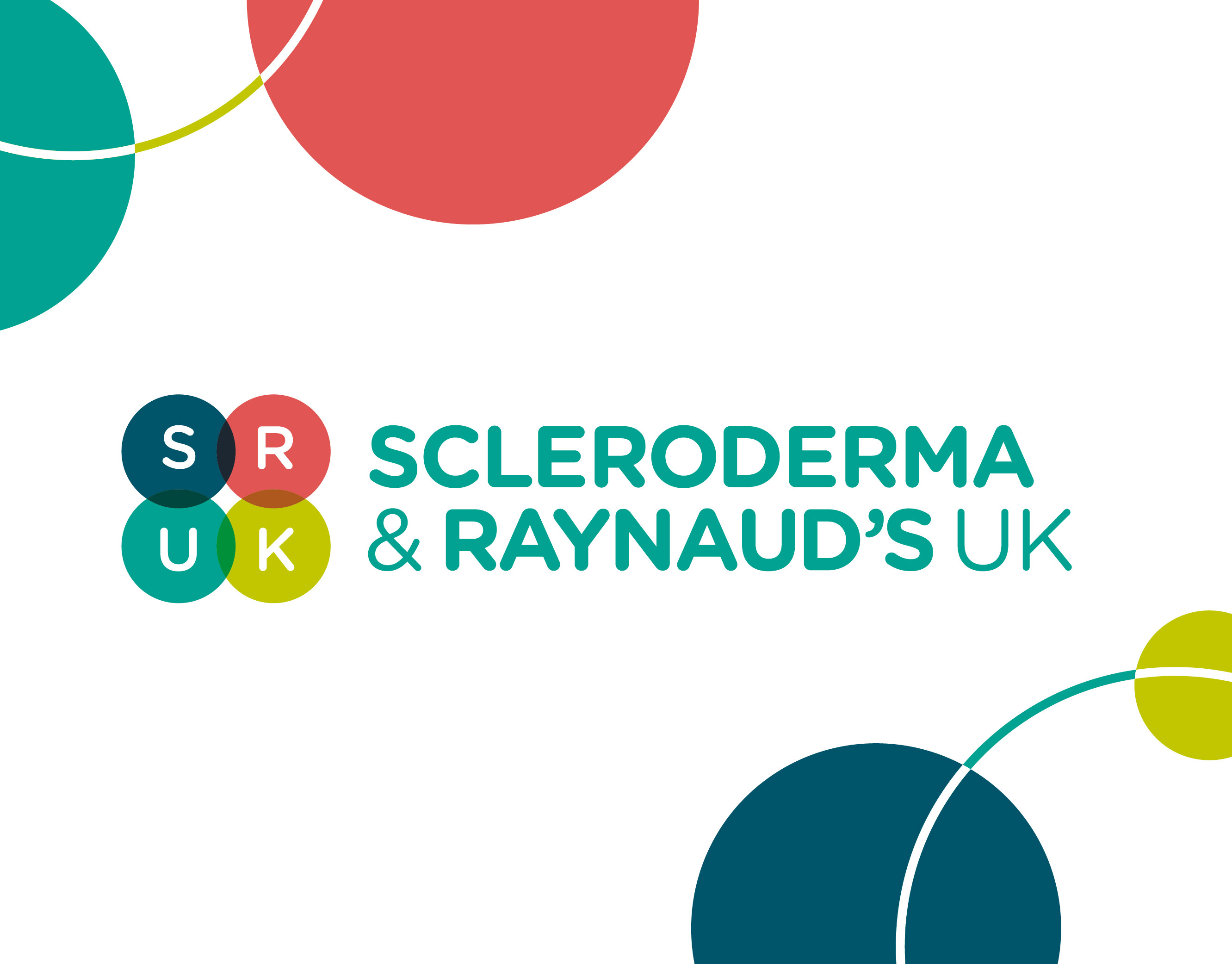NWP Blog
Scleroderma Awareness Month
1 Jun 2018

Scleroderma Awareness Month
June is Scleroderma Awareness Month, with joining organisations from around the world to increase awareness of this rare autoimmune condition scleroderma. The purpose of this campaign is to help raise awareness and provide support for people who are living with scleroderma as well as knowing the signs of scleroderma and prevention investing in a cure. This campaign will be hosted by SRUK a leading charity for Scleroderma & Raynaud's in the UK.
How can you get involved with scleroderma awareness month?
Follow them on Twitter and Facebook to keep up to date
Use the hashtag #KnowScleroderma and spread the word on social media
Scleroderma & Raynaud's UK
SRUK are the only UK charity dedicated to improving the lives of people with Scleroderma and Raynaud's. Their aim is to improve awareness and understanding of these conditions, to support those affected, and ultimately, to find a cure. By creating connections between people with the conditions and professionals, SRUK have built a motivated community that shares knowledge and support, works in partnership on research projects, and speaks up about scleroderma and Raynaud's. You can read more about the charity available at https://www.sruk.co.uk/about-us/
What is scleroderma?
Scleroderma is a rare, chronic disease of the immune system, blood vessels and connective tissue. According to SRUK around 2.5 million people worldwide have scleroderma, and in the UK there are around 12,000 people diagnosed each year. It is an autoimmune condition, meaning the immune system becomes overactive and attacks healthy tissue in the body. Scleroderma is an uncommon condition that results in hard, thickened areas of skin and sometimes problems with internal organs and blood vessels. Scleroderma is caused by the immune system attacking the connective tissue under the skin and around internal organs and blood vessels. This causes scarring and thickening of the tissue in these areas.
What are the symptoms of scleroderma?
- Hardened or thickened skin that looks shiny and smooth. It’s most common on the hands and face.
- Cold fingers or toes that turn red, white, or blue. This is called Raynaud's phenomenon.
- Ulcers or sores on fingertips
- Small red spots on the face and chest. These are opened blood vessels called telangiectasias.
- Puffy or swollen or painful fingers and/or toes
- Painful or swollen joints
- Muscle weakness
- Dry eyes or mouth
- Swelling mostly of the hands and fingers.
- Shortness of breath
- Heartburn
- Diarrhoea
- Weight Loss
How is scleroderma diagnosed?
Your doctor will check you and ask about your health history. They will likely take an X-ray, do some blood tests, or take a small sample of skin (called a biopsy). They may check out your heart, lungs, and oesophagus. To find out more about how scleroderma is diagnosed visit https://www.sruk.co.uk/scleroderma/scleroderma-getting-diagnosed/
What treatments are available for scleroderma?
The aim of treatment is to relieve symptoms, prevent the condition getting worse, detect and treat any complications (such as pulmonary hypertension) and help you maintain the use of affected parts of the body. Common treatments include:
- medication to improve circulation
- medicines that reduce the activity of the immune system and slow the progression of the condition
- steroid medication to relieve joint and muscle problems
- moisturising affected areas of skin to help keep it supple and relieve itchiness
- various medicines to control other symptoms (such as pain, heartburn and high blood pressure)
How to find support for scleroderma?
Contact SRUK on their Helpline 0800 311 2756
Read Personal Stories of people's experiences


 TRUST
TRUST
Post Comments